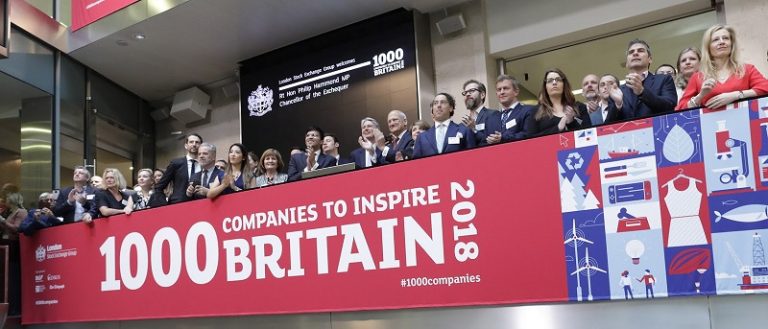London Stock Exchange Group has named 132 Engineering & Construction companies in its 1000 Companies to Inspire Britain report. This sector is one of the fastest growing, with an average annual revenue growth rate of 109%. Some of the companies included in the report are: Johnsons Aggregates, a Derby-based recycler of incinerator bottom ash, which reduced the amount of waste going to landfill; Advance Construction Group, a groundworks and civil engineering business with roofing & cladding, concrete & screed flooring, transport & plant divisions; and Applebridge Construction, a civil engineering and groundwork subcontractor operating throughout the North East and Yorkshire regions, offering a range of civil engineering services to private, public and industrial projects in the construction industry. The most important findings from this year’s report include: Companies’ revenues are growing at an exceptional average rate of 71% on average All UK regions had representatives, with 60% of them outside London and the South East 34% of companies are from the Northern Powerhouse and Midlands Engine regions The fastest growing companies are in the North West, with 232% annual average revenue growth Companies in both traditional industries and more recent economic success stories are featured, with the largest sector represented being Engineering & Construction with 132 companies, followed by Information Technology with 72 companies One of the fastest growing sectors is Financial Services, with an average annual revenue growth rate of more than 461%, followed by Engineering and Construction at 109% Five companies have featured in the ‘1000 Companies to Inspire Britain’ report series over the past five years “Engineering & Construction companies are the biggest sector represented in the report, which is testament to the entrepreneurial spirit and economic and job creating potential of these businesses. Policy makers must continue to increase access to growth capital for these firms, which would in turn benefit the wider UK economy,” said Nikhil Rathi, CEO at London Stock Exchange Plc. The report series continues to receive cross-party support from leading politicians including The Rt Hon Theresa May MP, The Prime Minister of the United Kingdom, The Rt Hon Nicola Sturgeon MSP, The First Minister of Scotland, and Jonathan Reynolds MP, Shadow Economic Secretary to the Treasury, all of whom contributed commentary to the report.







